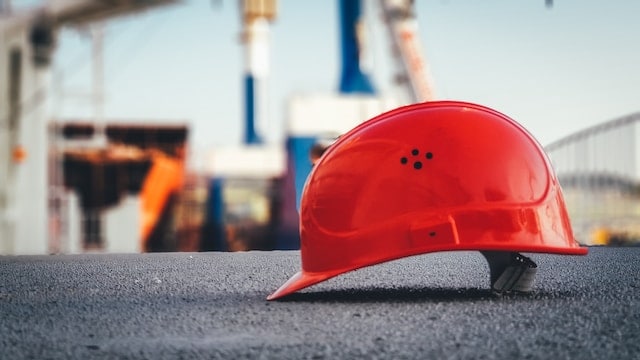Eco-Friendly Fasteners: The Rise of Wooden Pins in Construction

In recent years, the construction industry has been undergoing a significant transformation, with a growing emphasis on sustainability and eco-friendly practices. One noteworthy development in this regard is the increasing use of wooden pins as fasteners in construction projects.
Table of Contents
This article explores the rise of wooden pins in construction and their eco-friendly benefits. We will delve into the reasons behind their popularity, their environmental advantages, and how they are changing the landscape of modern construction.
As the world becomes more environmentally conscious, industries are seeking sustainable alternatives to reduce their carbon footprint. In the construction sector, where fasteners play a crucial role in holding structures together, wooden pins have emerged as a promising eco-friendly solution.
The Traditional Fastener Landscape
Traditionally, construction has relied heavily on metal fasteners such as nails, screws, and bolts. While effective, these materials have drawbacks, including their significant environmental impact and potential for corrosion over time.
What Are Wooden Pins?
Wooden pins are precisely what they sound like – pins made from various types of wood, often hardwoods like oak or maple. These pins are designed to be used in place of metal fasteners for various construction applications.
The Benefits of Wooden Pins
- Sustainability
One of the most significant advantages of wooden pins is their sustainability. Wood is a renewable resource, making it an environmentally friendly choice. Unlike metals, the production of wooden pins involves fewer greenhouse gas emissions.
- Durability
Contrary to common misconceptions, wooden pins can be highly durable when properly installed and maintained. They are less susceptible to corrosion, making them suitable for outdoor and marine applications.
- Aesthetic Appeal
Wooden pins provide a unique, rustic charm to construction projects. They can enhance the visual appeal of wooden structures and are often preferred for their natural aesthetics.
Applications in Construction
Wooden pins find applications in a variety of construction scenarios. They are used in timber framing, timber bridge construction, boat building, and other wooden structures. Their versatility and strength make them a reliable choice.
Challenges and Limitations
While wooden pins offer several advantages, they are not without challenges.
- Moisture Sensitivity
Wooden pins are sensitive to moisture, which can lead to swelling, warping, and decay. Proper sealing and finishing are essential to mitigate this issue.
- Cost Considerations
Compared to traditional metal fasteners, wooden pins can be more expensive. However, the long-term benefits in terms of sustainability and aesthetics often outweigh the initial cost difference. Construction industry needs the use of heavy machinery and equipment too, that can be purchased from Boom and Bucket.
The Future of Wooden Pins in Construction
The use of wooden pins in construction is likely to continue growing as the construction industry becomes more eco-conscious. Innovations in wood treatment and sealing technologies may also address some of the challenges associated with wooden pins.
Conclusion
In a world where sustainability is paramount, wooden pins are emerging as a viable alternative to traditional metal fasteners in construction. Their eco-friendly nature, durability, and aesthetic appeal make them a valuable addition to the construction industry. As we move towards a greener future, wooden pins are set to play a more prominent role in shaping sustainable construction practices.
FAQ’s
Q1: Are wooden pins as strong as metal fasteners?
Wooden pins can be as strong as metal fasteners when used correctly. They are often used in applications where their strength and durability are essential.
Q2: Do wooden pins require special maintenance?
Wooden pins may require occasional sealing and finishing to protect against moisture. Proper maintenance can prolong their lifespan.
Q3: Are wooden pins suitable for outdoor projects?
Yes, wooden pins are suitable for outdoor projects, but they should be properly sealed to protect against moisture and decay.
Q4: Can wooden pins be used in combination with metal fasteners?
Yes, wooden pins can be used in combination with metal fasteners to enhance structural integrity and aesthetics.
Q5: Do wooden pins come in different sizes?
Yes, wooden pins come in various sizes to suit different construction applications.
In conclusion, the adoption of wooden pins in construction represents a positive step towards a more sustainable and environmentally friendly industry. Their unique properties and benefits make them a valuable addition to the construction toolkit, offering strength, durability, and an appealing aesthetic while minimizing the environmental impact of construction projects. As we move forward, it’s essential to embrace such eco-friendly innovations to build a better, greener world.












